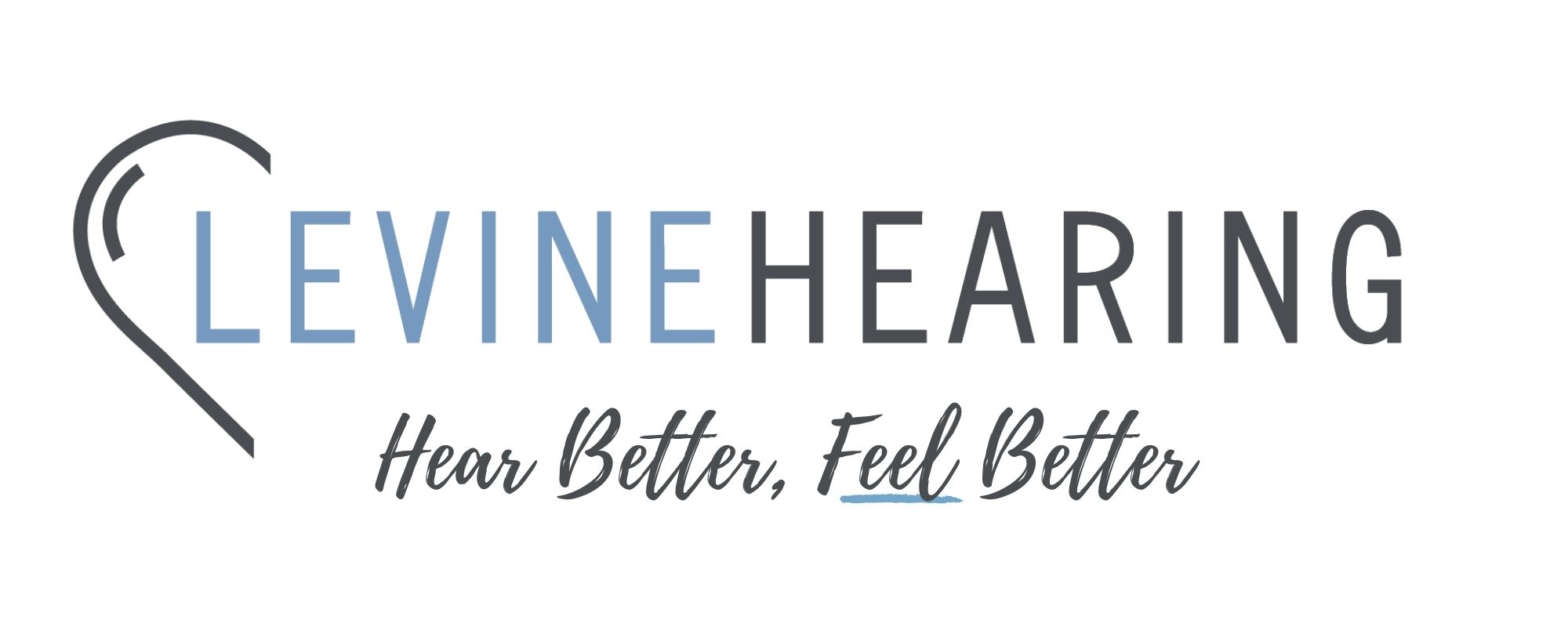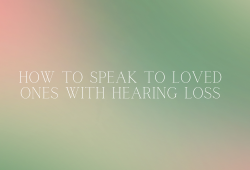Ever Been Alarmed by Vertigo?
Have you ever experienced a sensation that you or the room around you are spinning? Or have you ever felt a rotational motion? Do you feel these sensations and/or motions even when you are still? This specific type of sensation is known as vertigo. The term vertigo is sometimes used interchangeably with dizziness, although it is not the same. True vertigo is a symptom of an inner ear problem, also known as vestibular dysfunction. Nearly 90 million Americans will be seen by health care providers for dizziness symptoms. It is the 2nd most common complaint heard at a doctor’s office. The doctors at Levine Hearing specialize in diagnosing, evaluating, and treating vertigo.
Why Did We Add Balance To Our Clinic?
In our lifetime, 40% of people will experience vertigo at some point in their life. It takes an average of 7 different providers and 500 days to find the cause of vertigo. According to a study by Johns Hopkins University Hospital, 85% of all forms of dizziness, vertigo, and imbalance can be helped with a proper diagnosis. At Levine Hearing, we are proud to be recognized as a Center of Speciality Care through The American Institute of Balance (AIB). Only 100 clinics in the U.S. have this recognition. We have the same equipment used for balance assessment as the Mayo Clinic uses. Our doctors are trained by AIB on inner ear involvement, as well as, physical and visual deficits that may be contributing to your dizziness.
What Causes Vertigo?
There are many different causes of vertigo. Roughly ¾ of vestibular disorders are peripheral, meaning referring to the inner ear or the vestibular nerve. The most common cause of vertigo is benign paroxysmal positional vertigo (BPPV). Benign meaning it is not life-threatening, but that does not mean it is not disabling. Paroxysmal meaning it occurs suddenly and lasts for a short period of time. Positional meaning the vertigo occurs with certain movements.
This is also known as the displacement of the crystals in your inner ear. These crystals are known as otoconia. Otoconia are housed in the utricle. When head trauma or age-related changes occur, the otoconia gets dislodged from the utricle and enters into one or more of the semicircular canals. These fluid-filled canals are not supposed to be gravity-dependent, but become gravity-dependent when the otoconia enters them. Which then leads to the sensation of the room spinning. Luckily, BPPV can usually be treated in the office within 2 visits!
Other causes of vertigo may include uncompensated Meniere’s disease, vestibular neuritis, labyrinthitis, perilymphatic fistula, and acoustic neuroma.
The other ¼ of vestibular disorders are central, meaning referring to the brain and brainstem. This may include cerebrovascular disorders, cerebellar disease, migraine, multiple sclerosis, tumors, and neurodegenerative disorders.
What Can We Do To Help Treat Vertigo?
Finding relief will depend on what is causing your dizziness. A visit to your audiologist for a comprehensive balance examination is a great first step in finding the cause of your vertigo. At your visit, we will have you wear a pair of goggles that allows us to track your eye movements as we gently maneuver you through different positions and motions. This allows us to evaluate your inner ear in relation to your eyes and how these systems communicate with your brain. All of the testing is pain-free, and we will make sure you feel comfortable throughout the entire duration of your visit. Some people may find relief the same day as the evaluation!
We want to help you or someone you know find relief from vertigo. Please call us at (704) 540-3081, email us at Manager@LevineHearing.com, or contact us to schedule an appointment. We will be more than happy to help guide you through this journey!





Thank you for nice information
https://uhamka.ac.id/
I’m happy that you found it helpful!